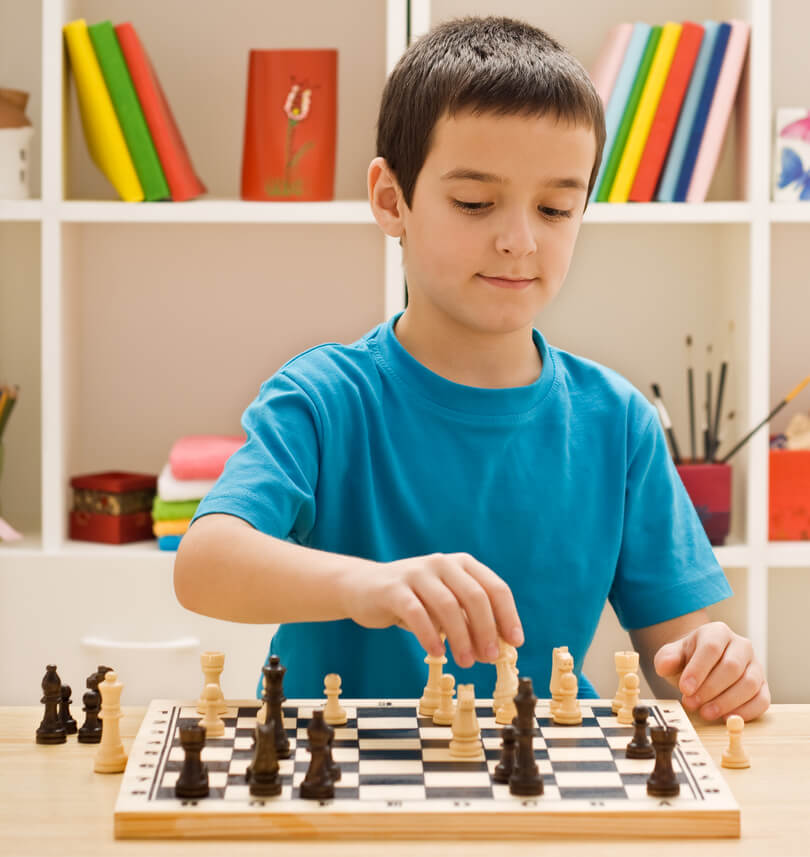Chess

Chess Can Make Your Child a Genius and Smarter
Chess acts as a mental gymnasium, sculpting young brains into sharp, strategic thinkers. The game requires foresight, planning, and the ability to think several steps ahead—an intellectual workout that nurtures problem-solving skills and critical thinking. The intricate dance of pieces fosters spatial awareness and enhances memory, as each move leaves an indelible mark on the young player's mind.
Furthermore, chess teaches patience and resilience. In a world of instant gratification, the slow burn of a chess game instills discipline and perseverance, invaluable traits for success in any field.
As your child navigates the checkered battlefield, making decisions with consequences, they are not merely playing a game; they are honing skills that extend far beyond the chessboard. Chess has the power to unlock the genius within, shaping smarter, more strategic individuals ready to face the challenges of life's grand chessboard.
Chess is one big science experiment; every time you play a game you are testing hypotheses and learning by trial and error. Chess is rooted in history and can open a door to history knowledge. Your chess set is lying in the dust of your storeroom because you don’t play chess anymore now? It’s time to dust off the board and pass on the legacy to your children. A healthy mind and a fit body contribute greatly in shaping the golden future of a child.
